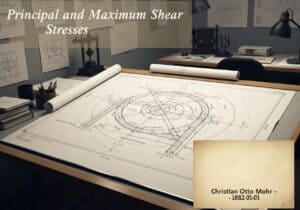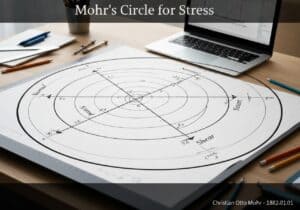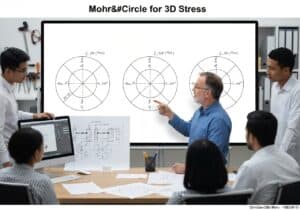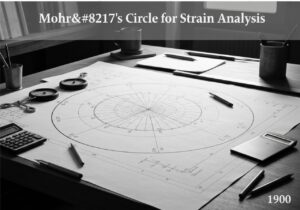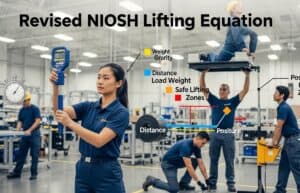The international standard ISO 9241-11 defines usability as the “extent to which a product can be used by specified users to achieve specified goals with effectiveness, efficiency and satisfaction in a specified context of use.” This definition provides a struttura for measuring usability by breaking it down into three distinct, quantifiable components, moving beyond purely subjective assessments.
ISO 9241-11 Definition of Usability
- International Organization for Standardization (ISO)
The ISO 9241-11 standard, part of the broader ISO 9241 series on “Ergonomia of human-system interaction,” provided a crucial, formal definition that helped mature the field of usability engineering. Prior to its establishment, “usability” was often used loosely. This standard operationalized the concept into three measurable dimensions. ‘Effectiveness’ refers to the accuracy and completeness with which users achieve specified goals. For example, can a user successfully complete a purchase on an e-commerce site? ‘Efficiency’ relates to the resources expended in relation to the accuracy and completeness with which users achieve goals. This is often measured in terms of time taken or clicks required. ‘Satisfaction’ is the user’s subjective response—their freedom from discomfort and positive attitudes towards the use of the product. It is typically measured using post-test questionnaires. The definition also emphasizes the “specified context of use,” acknowledging that usability is not an absolute, intrinsic quality of a product but is dependent on the specific users, their goals, and the environment (physical, social, technical) in which they operate. This contextual element is critical, as a product highly usable for an expert in a controlled office environment might be unusable for a novice in a distracting, mobile setting. The standard’s framework guides practitioners in setting clear, testable usability goals and evaluating designs against them.
Tipo
Interruzione
Utilizzo
Precursori
- The field of ergonomics and human factors, which studied human capabilities and limitations in relation to work environments and tools.
- Early work in software psychology and human-computer interaction from the 1970s and 1980s.
- Brian Shackel’s 1986 definition of usability, which included effectiveness, learnability, flexibility, and attitude.
- The quality management movement (e.g., ISO 9000), which emphasized standardized, measurable definitions of quality.
Applicazioni
- development of usability testing metrics
- standardized reporting in product evaluations
- legal and contractual requirements for software procurement
- integration into centrato sull'utente design processes
- certification of product quality
Brevetti:
Potenziali idee innovative
Livelli! Iscrizione richiesta
Per accedere a questo contenuto devi essere un membro di !Professionals (100% free)!
DISPONIBILE PER NUOVE SFIDE
Ingegnere meccanico, responsabile di progetto, ingegneria di processo o ricerca e sviluppo
Disponibile per una nuova sfida con breve preavviso.
Contattami su LinkedIn
Integrazione di componenti elettronici in plastica e metallo, progettazione in base ai costi, GMP, ergonomia, dispositivi e materiali di consumo di medio-alto volume, produzione snella, settori regolamentati, CE e FDA, CAD, Solidworks, Lean Sigma Black Belt, ISO 13485 in ambito medico
Stiamo cercando un nuovo sponsor
La tua azienda o istituzione si occupa di tecnica, scienza o ricerca?
> inviaci un messaggio <
Ricevi tutti i nuovi articoli
Gratuito, no spam, email non distribuita né rivenduta
oppure puoi ottenere la tua iscrizione completa -gratuitamente- per accedere a tutti i contenuti riservati >Qui<
Principi di invenzione, innovazione e tecnica correlati
